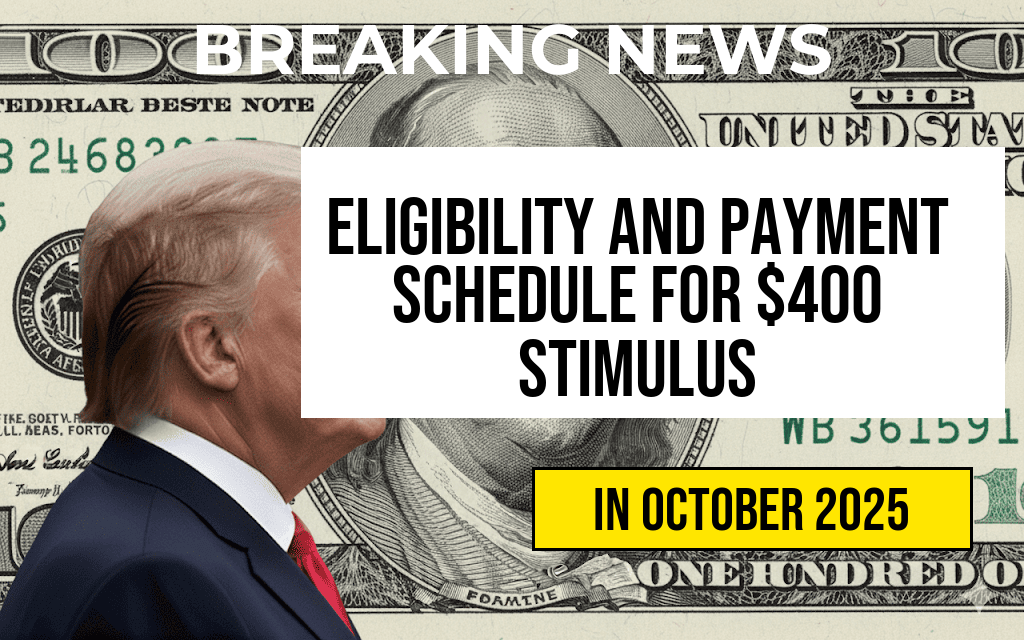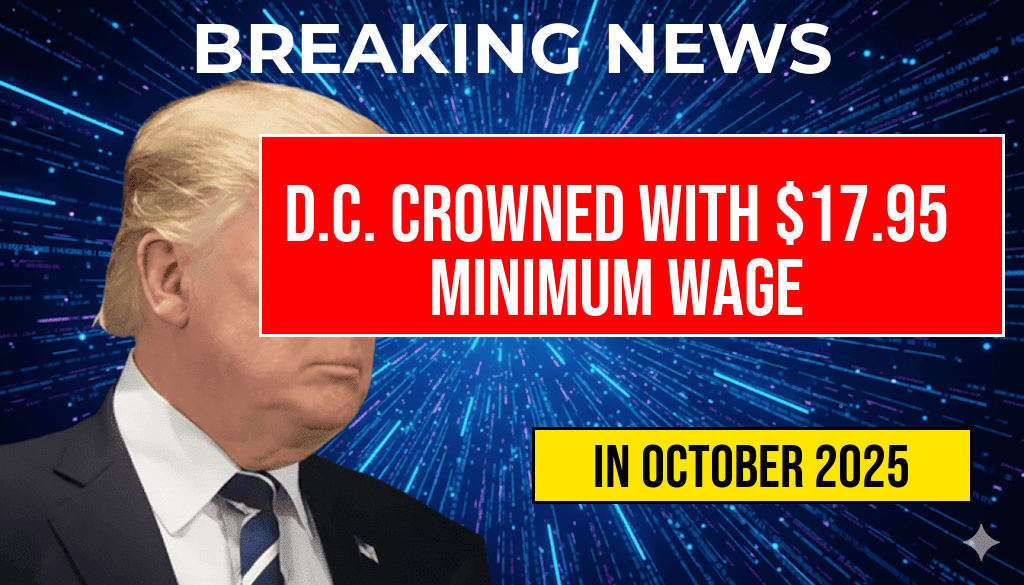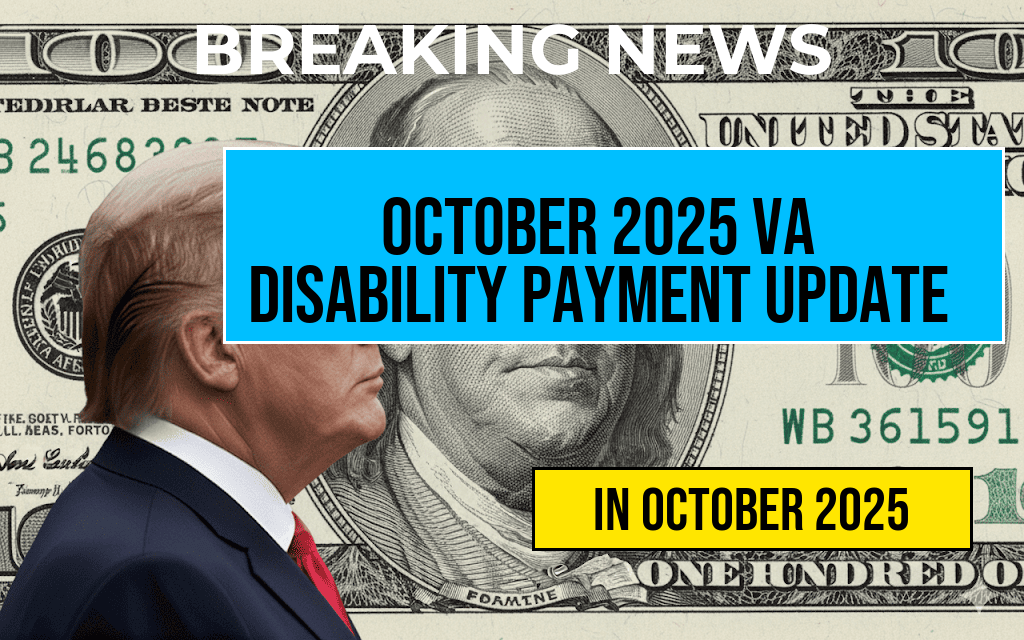Recent changes to the U.S. tax code are poised to benefit the wealthiest Americans significantly, with estimates suggesting an increase of approximately $5,000 in net income for high earners. This adjustment comes as part of a broader tax reform initiative aimed at stimulating economic growth and incentivizing investment. As lawmakers finalize the details, many are watching closely to see how these changes will impact both the economy and income inequality across the nation. This article explores the implications of the upcoming tax changes and provides insights into who stands to gain the most.
Understanding the Tax Changes
The new tax reforms include several modifications to existing tax brackets, deductions, and credits that primarily affect high-income individuals and households. The adjustments are designed not only to simplify the tax code but also to encourage spending and investment.
Key Components of the Tax Reform
- Adjusted Tax Brackets: The new tax brackets will provide lower rates for higher income levels, allowing wealthy individuals to retain more of their earnings.
- Increased Deductions: Significant increases in itemized deductions will further bolster net income for affluent taxpayers.
- Investment Incentives: Enhanced capital gains rates and other investment-related tax breaks are expected to encourage wealth accumulation.
Impact on Wealth Disparities
While the reforms may incentivize growth, they have also sparked a debate about their potential to widen the wealth gap. Critics argue that these tax breaks disproportionately favor the affluent, leaving lower and middle-income families with minimal relief. Proponents, however, assert that increased spending power among the wealthiest can lead to job creation and economic expansion.
Who’s Benefiting?
According to recent analyses, the top 1% of earners are projected to gain the most from these changes. The Tax Policy Center estimates that households earning over $500,000 annually could see their net income rise by as much as $5,000, primarily due to lower effective tax rates and increased deductions.
Potential Economic Outcomes
The anticipated increase in disposable income for the wealthiest Americans has prompted discussions about its broader economic implications. Economists are divided on whether this will lead to increased consumption or investment in businesses.
Predicted Economic Effects
- Increased Consumer Spending: With more disposable income, high earners may spend more on luxury goods, potentially boosting sectors like retail and hospitality.
- Investment in Innovation: Wealthy individuals are more likely to invest in startups and technology, fostering innovation and job creation.
- Tax Revenue Changes: While the government may initially see a reduction in tax revenue, proponents argue that the long-term economic growth could balance this out.
Public Response and Political Implications
The public reaction to the proposed tax changes has been mixed. Many advocacy groups are lobbying against the reforms, arguing that they exacerbate existing inequalities. Conversely, business leaders and wealthy individuals have largely welcomed the changes, viewing them as necessary for economic recovery.
Political Landscape
As the reforms move through Congress, they are likely to face scrutiny from both sides of the aisle. Democrats have expressed concerns regarding the fairness of the tax system, while Republicans argue that these changes are essential for fostering a robust economy. The outcome could significantly influence future elections and shape the political discourse surrounding economic policy.
Conclusion
As the implementation of these tax reforms approaches, the implications for the wealthiest Americans are becoming clearer. With an estimated increase of $5,000 in net income, high earners stand to gain substantially. The broader effects on the economy and societal inequality remain to be seen, but the discussions surrounding these changes are sure to continue.
For more information on the tax reforms, you can visit Forbes: Tax Brackets and Tax Policy Center for in-depth analyses.
Frequently Asked Questions
What are the upcoming tax changes mentioned in the article?
The article discusses a series of tax changes that are expected to significantly impact the net income of the wealthiest Americans, resulting in an estimated gain of $5,000.
Who will benefit the most from these tax changes?
The wealthiest Americans are projected to benefit the most from these changes, as they stand to gain the greatest increase in their net income.
How will these tax changes affect the overall economy?
The upcoming tax changes may lead to increased spending and investment from the wealthy, which could stimulate economic growth, although critics argue it may widen the wealth gap.
When are these tax changes expected to take effect?
The article does not specify an exact date, but it indicates that the tax changes are anticipated to be implemented soon, impacting future financial planning for the wealthiest Americans.
What are the potential criticisms of these tax changes?
Some critics argue that the tax changes disproportionately favor the wealthy, potentially exacerbating economic inequality and reducing government revenue for essential services.











